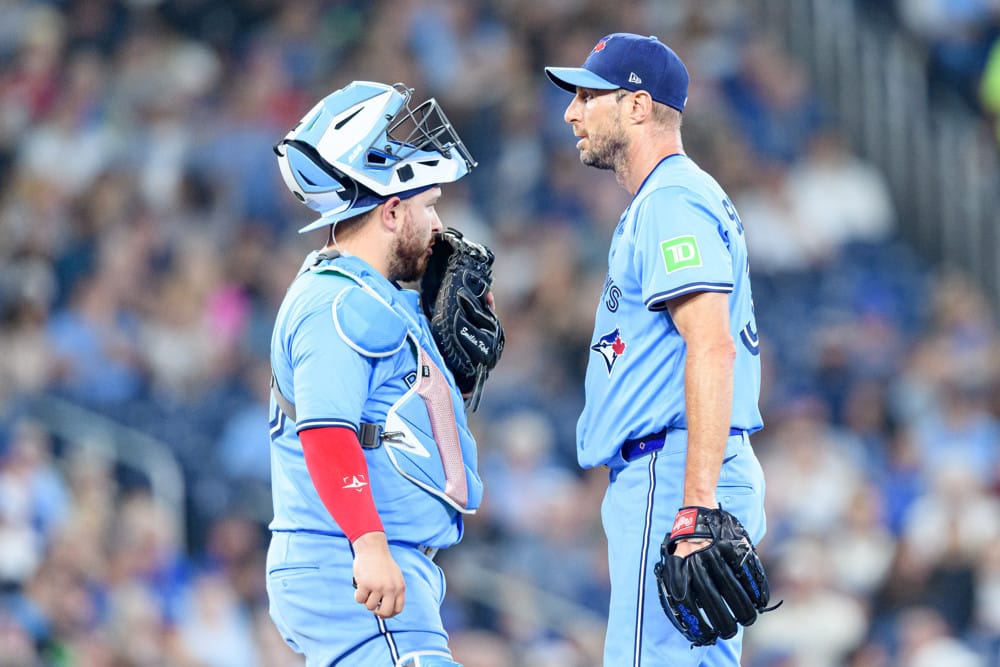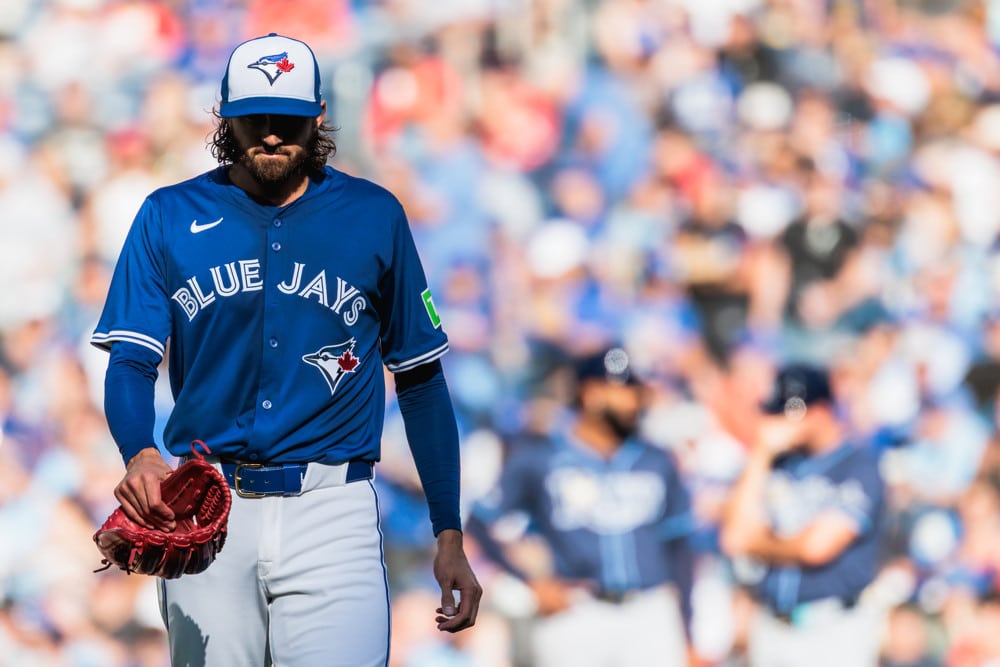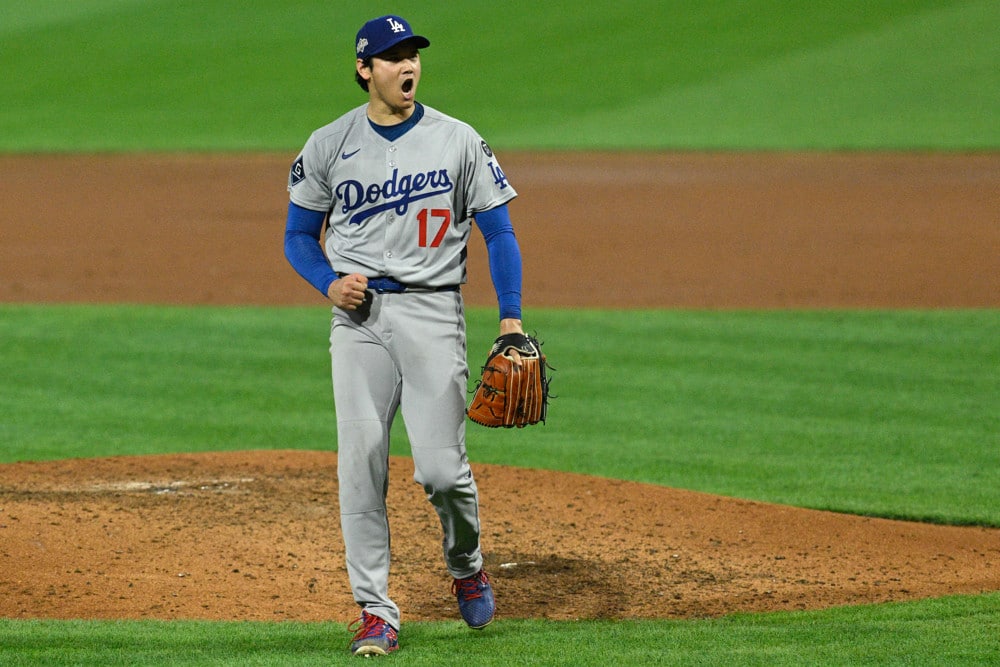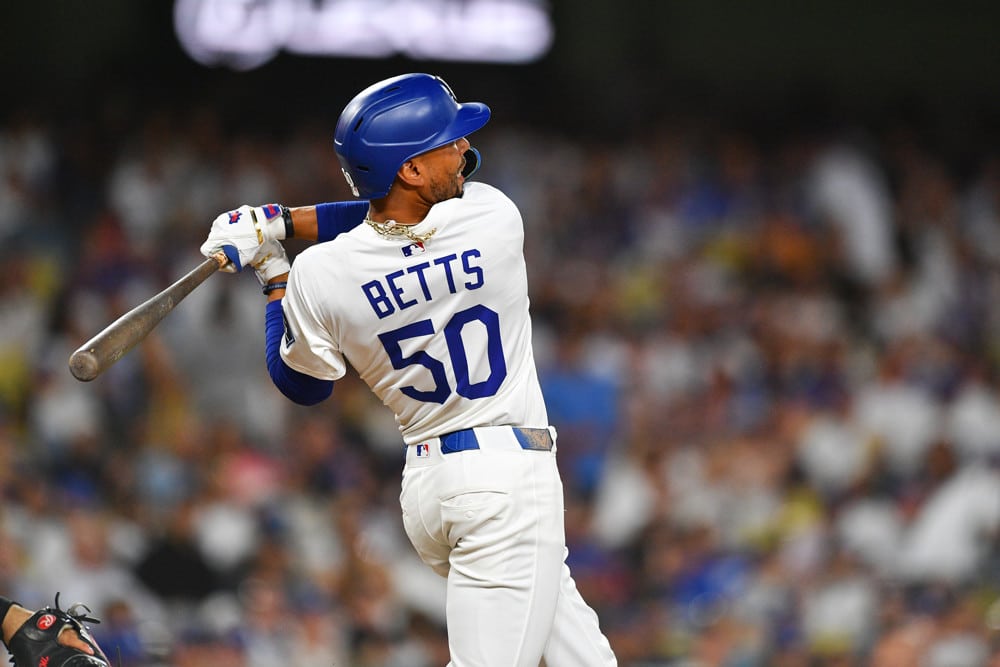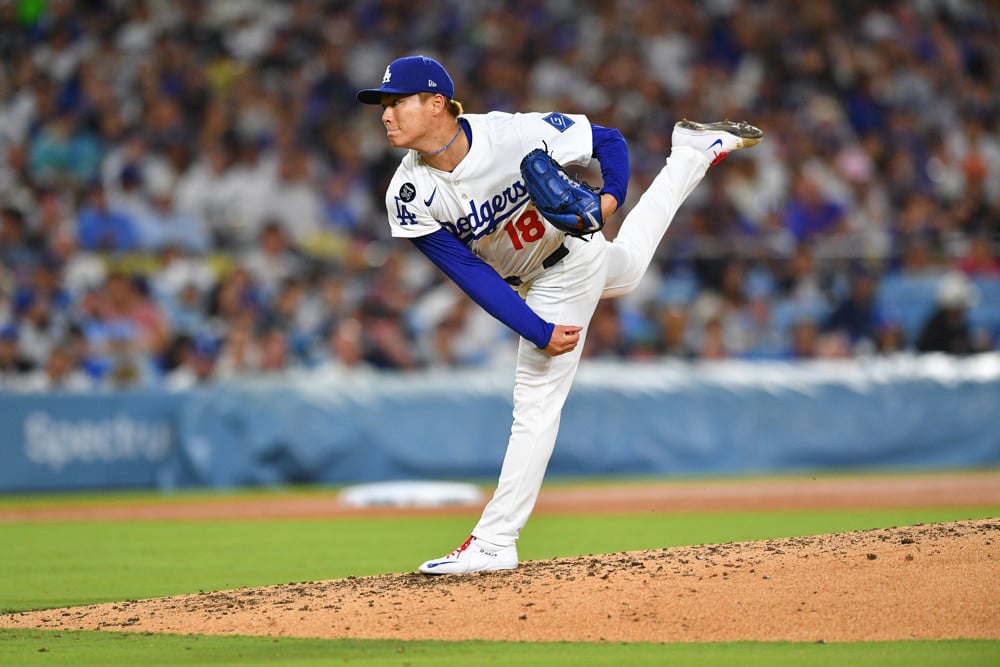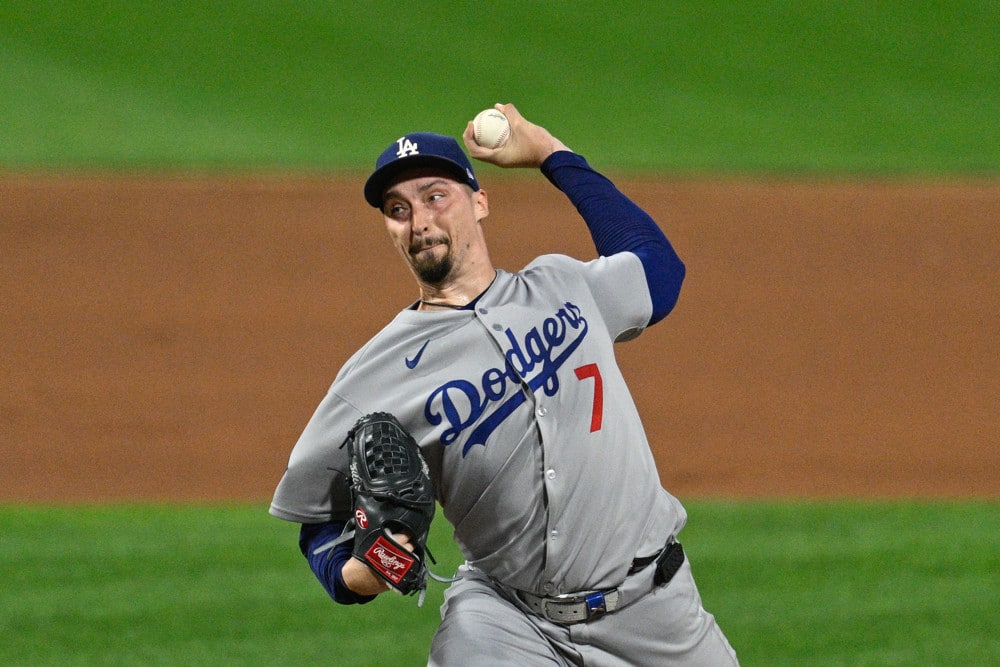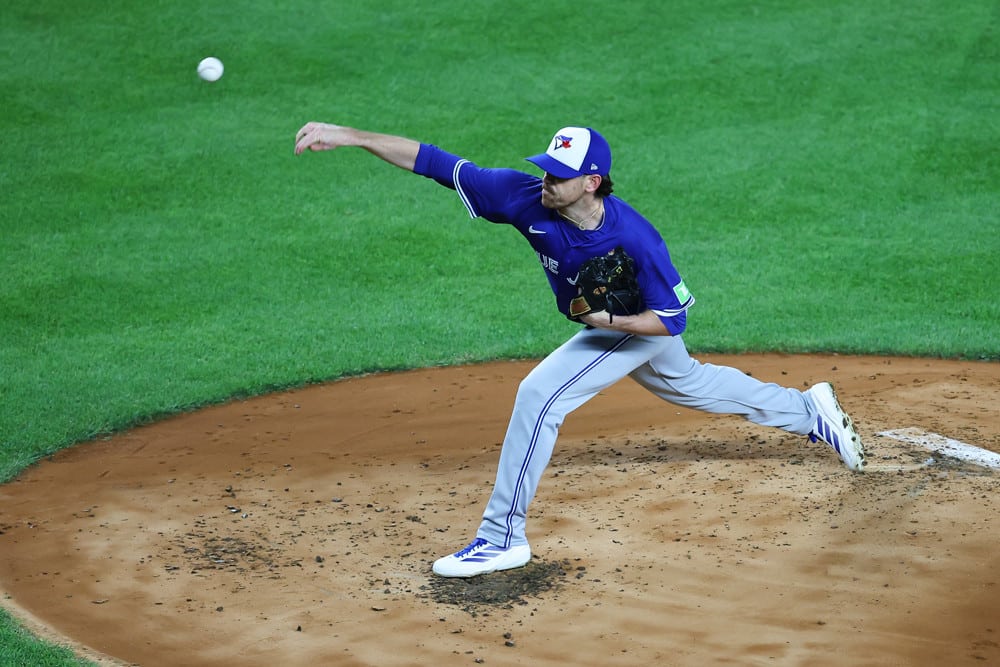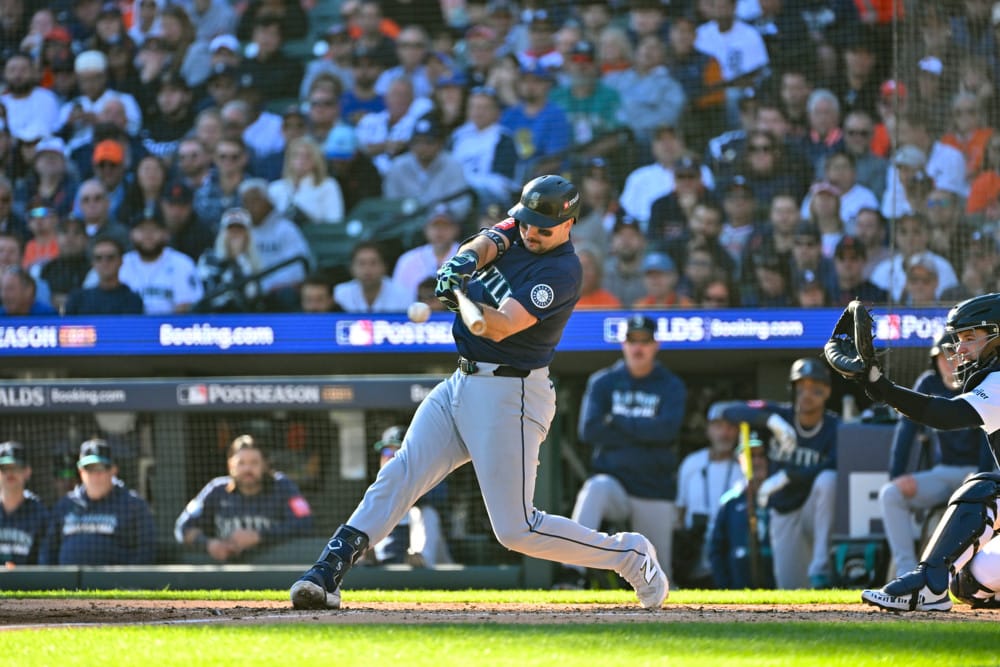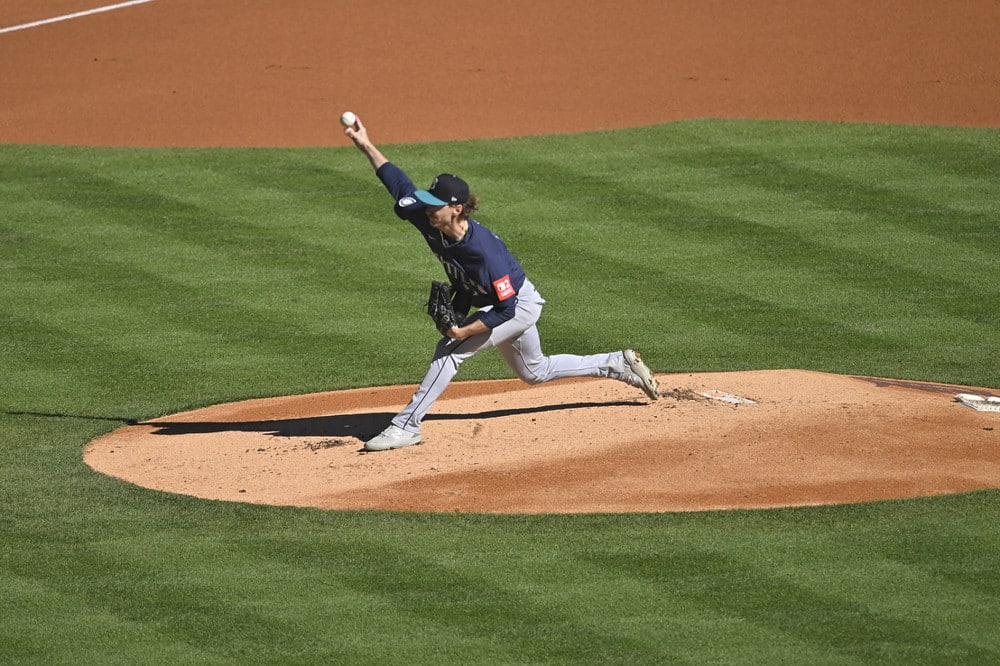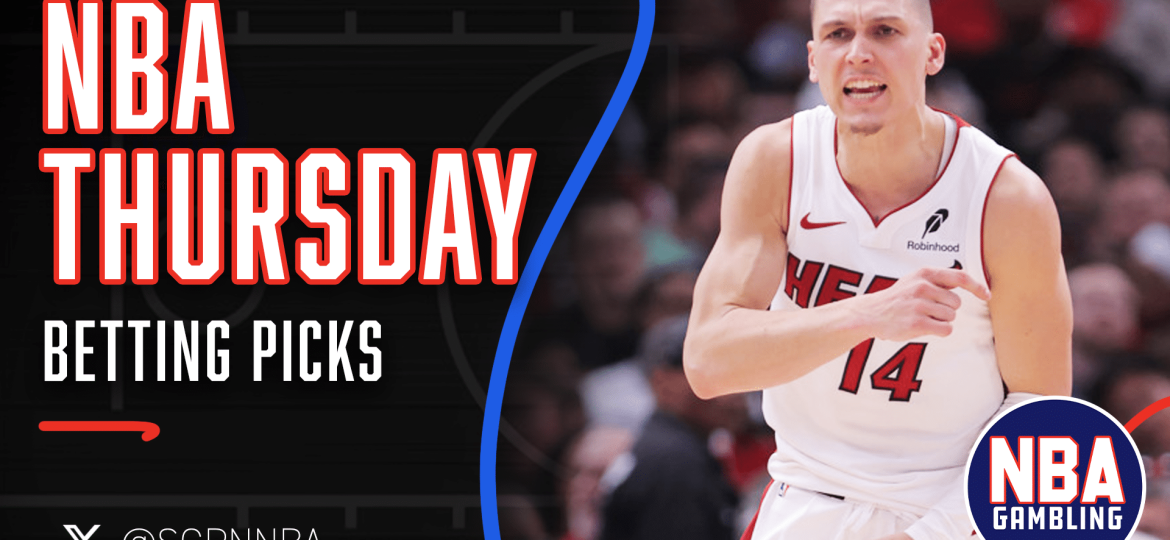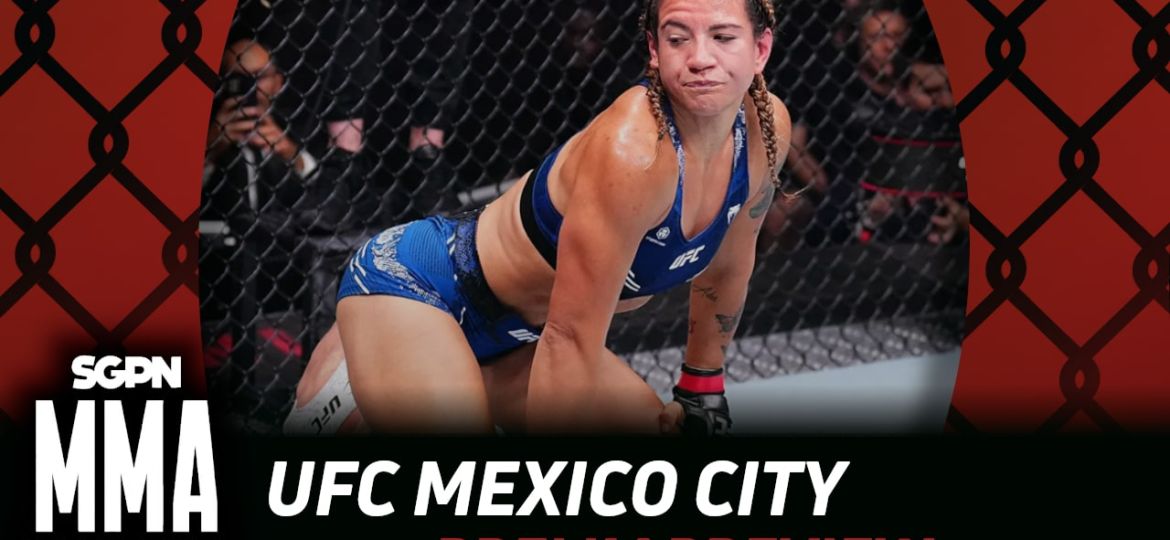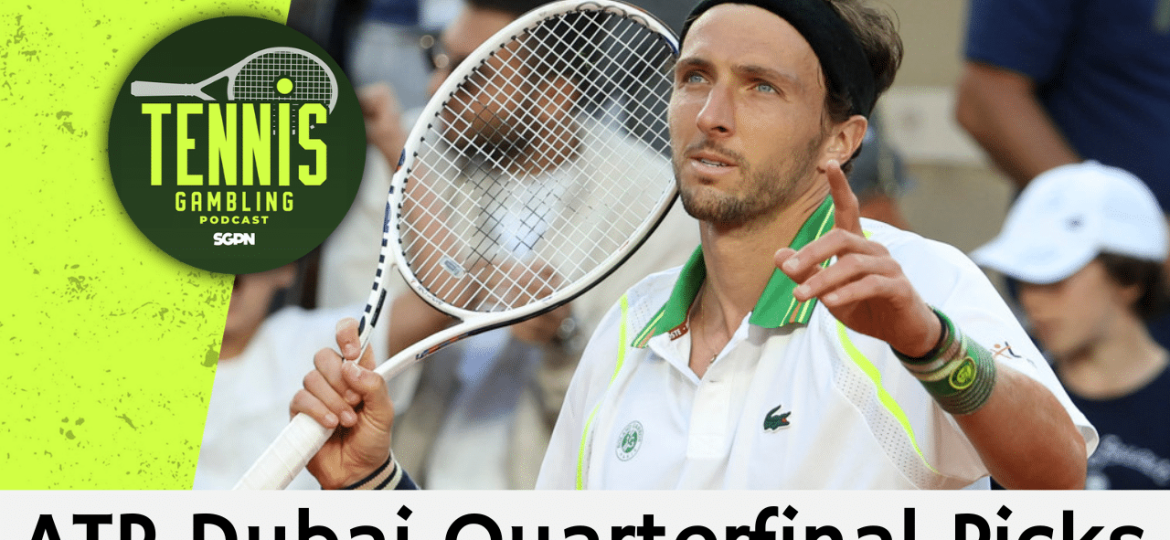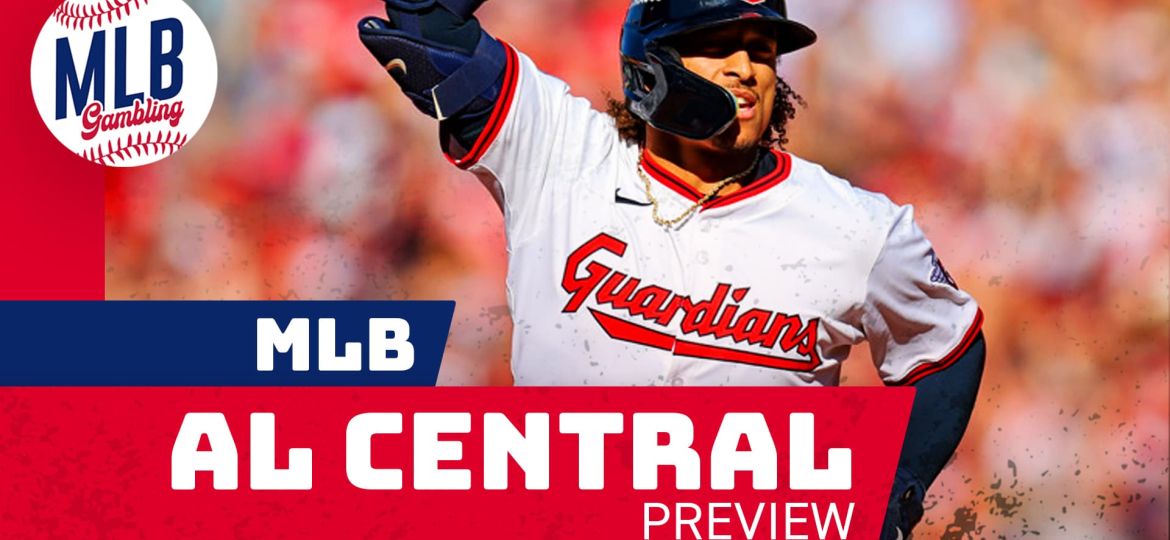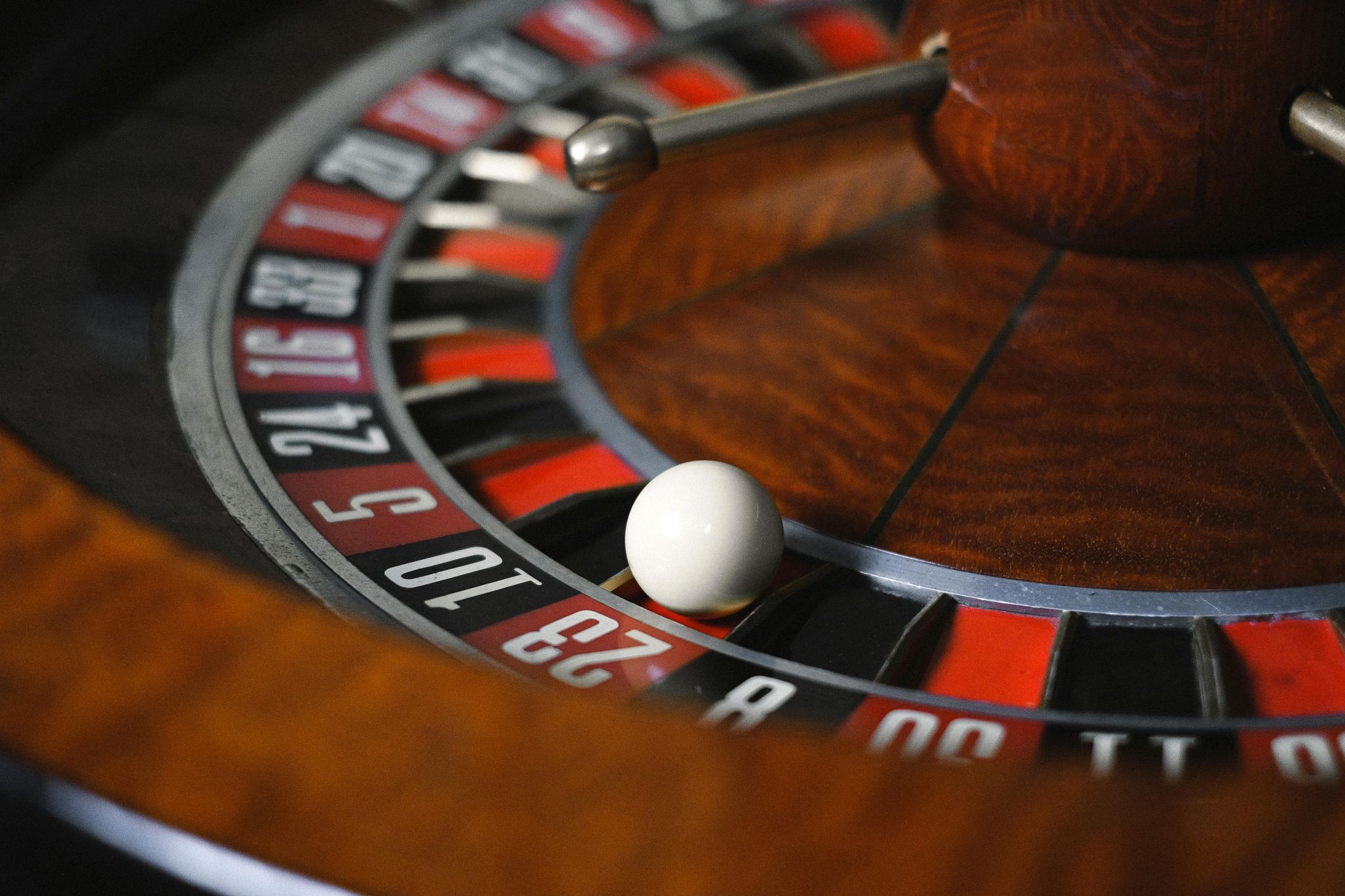 Today, we’re speaking with Andrew Shepard, the head of the Roulette77 platform. His team has spent years developing educational content and tools for roulette players worldwide. Together, we reflect on the unexpected intersection between roulette and sports: where the similarities lie, whether the “sportification” of the game is possible, and what qualities make a player truly strong, even in a game where everything seems to be decided by chance.
Today, we’re speaking with Andrew Shepard, the head of the Roulette77 platform. His team has spent years developing educational content and tools for roulette players worldwide. Together, we reflect on the unexpected intersection between roulette and sports: where the similarities lie, whether the “sportification” of the game is possible, and what qualities make a player truly strong, even in a game where everything seems to be decided by chance.
In your opinion, what is the key similarity between roulette and sports?
At first glance, roulette and sports seem like completely different things. Sports rely on physical ability, training, and team or individual tactics. In roulette, luck appears to be the main factor. But if you dig deeper, the similarities become clear. Both sports and roulette require concentration, self-control, and the ability to manage emotions. You can’t just show up and act on emotions—this works only once. Real results demand discipline, awareness of your strengths and weaknesses, and clear resource management. In sports, it’s physical endurance; in roulette, it’s bankroll and psychological management. Both generate excitement, adrenaline, tension, and the “all or nothing” moment. That’s why many roulette players view the game almost like an intellectual sport.
Is there such a thing as “training” in roulette, and how do players approach it?
Absolutely. That’s exactly the mindset we had when creating Roulette77. We never wanted to be just a casino directory. Our goal is to give players tools to become more conscious, to understand how roulette works, which bets make sense and which don’t. That’s why we specifically built several tools on Roulette77 for players to train: free, no registration, no risk. Our roulette simulator and strategy tester allows thousands of spins to see how a particular tactic behaves. It’s not “training” in the classic sporting sense; it’s more like systematic preparation, which is exactly what distinguishes a mindful player from a random one.
Are there playing styles, like fighting styles in sports?
Yes, and there are far more than one might think. There are “puncher” players who place large, sharp bets, go all-in, and aren’t afraid of risk. It’s an aggressive style, like a boxer trying to knock out an opponent in the first round. Then there are “positional” players who work long-term, bet modestly, closely monitor results, and gradually adjust their strategy. And there are tacticians, those who systematically apply mathematical strategies, keep records, test, and adapt. That’s closer to a chess approach. These styles often depend on the player’s psychological type, attitude toward risk, and goals. Interestingly, the same player can change styles, like an athlete adapting to an opponent or game situation.
How do you assess the competitive spirit—is there any in a solo game?
Yes, though not in the classic “me versus another person” sense. Roulette is still an individual game, but competition exists; it’s a battle with external and internal challenges. The player competes with the system (represented by the casino and probability), with their own excitement, and with the urge to “win back losses.” That requires no less willpower than a fight in the ring or a race on a track. When we introduced tournaments and leaderboards on Roulette77, we saw this competitiveness become more visible. People started tracking their results, trying to beat others, move higher up the rankings. The element of “winning the board” emerged, just like in any sport.
You mentioned tournaments. Why did you decide to implement tournaments and rankings on the platform? Is it an attempt to “sportify” the process?
Partly yes, but I’d say it’s mainly a way to add gaming motivation without risk. In regular online roulette, the player plays alone, and only they see the result. We wanted to create a format where players could compete, but without financial pressure. That is, not for money, but for results, for position, for their own success story.
Our tournaments use virtual currency, which allows us to keep the competitiveness without risk. People try different strategies, observe what works, and compare themselves with others. It’s genuinely engaging, like any sport with rankings. We see many people return more than once because they care about the progress and the sense of development. And that’s what the essence of sports is: dynamics and growth.
What factors most often hinder players—psychology, impatience, greed?
All of the above—yes. But the main one, in my opinion, is the illusion of control and the loss of discipline. Many believe that if they find the “right” strategy, they can win consistently. This leads to disappointment when losing streaks inevitably occur. And here’s the key moment: how the player reacts. Some stick to the system and adapt their bets. Others suddenly double down, break all their own rules, act emotionally. It’s these breakdowns that most often lead to serious losses. It’s very similar to sports: you can train for years, but one wrong step in the final, and you’re out. That’s why we always say: play with discipline, set goals, stay in control. Then roulette truly becomes something like a sport, with character, self-respect, and a constant desire to improve.


